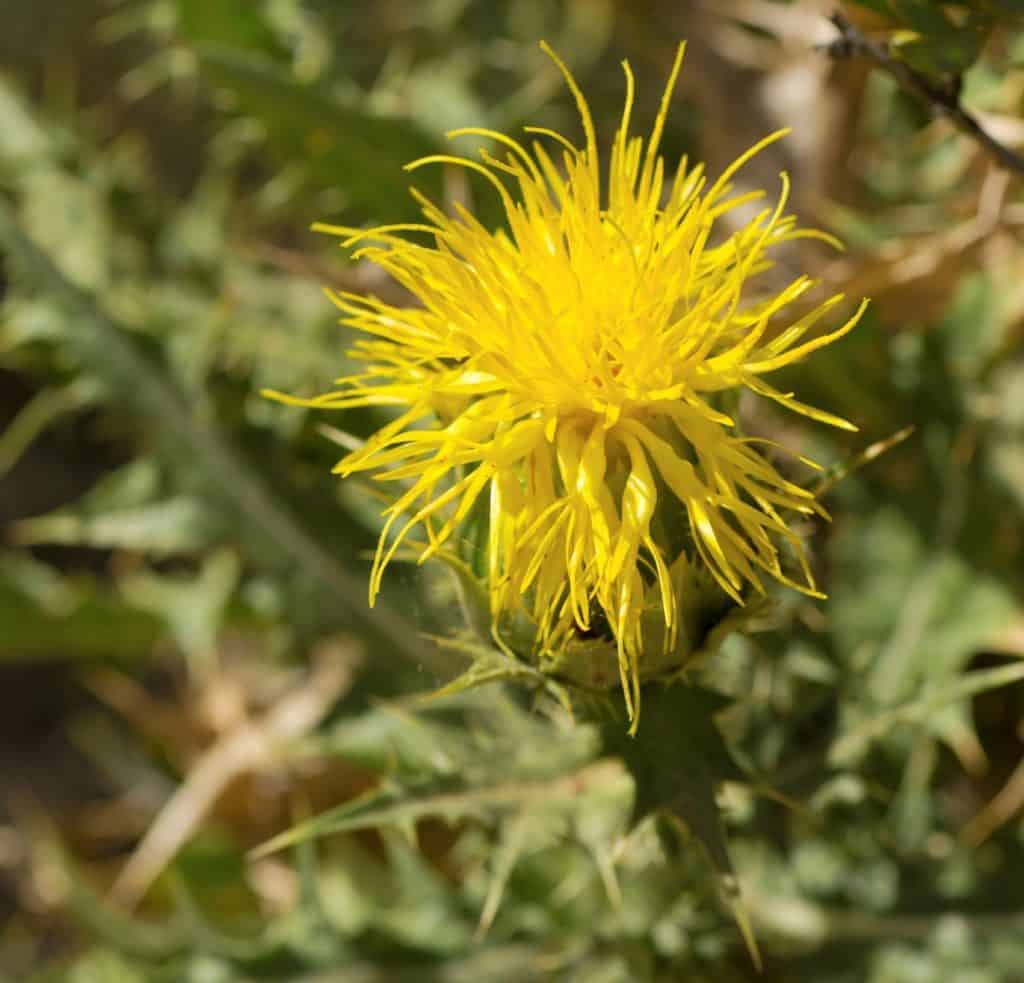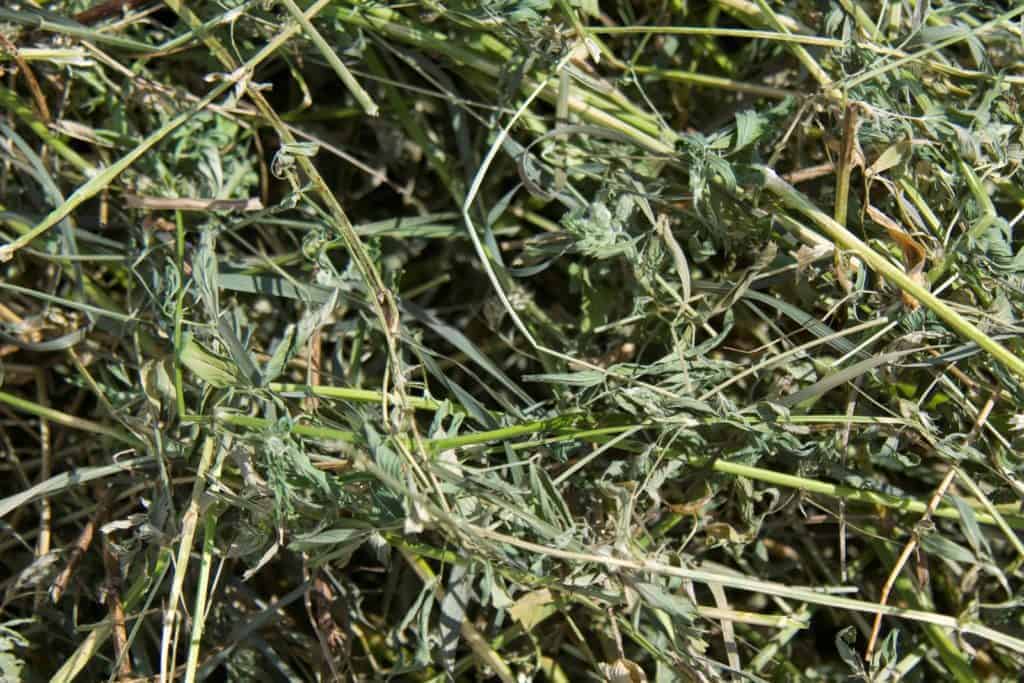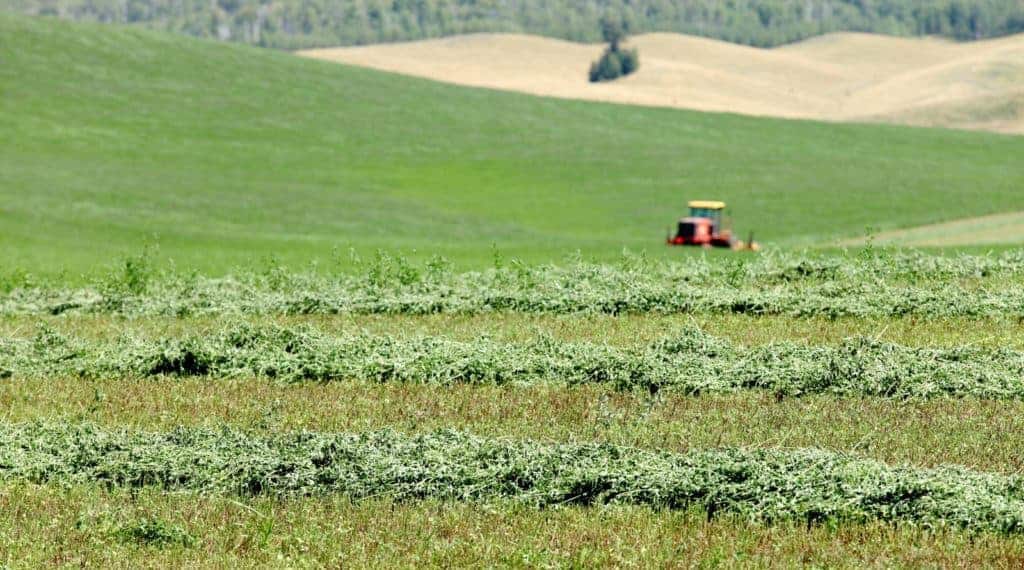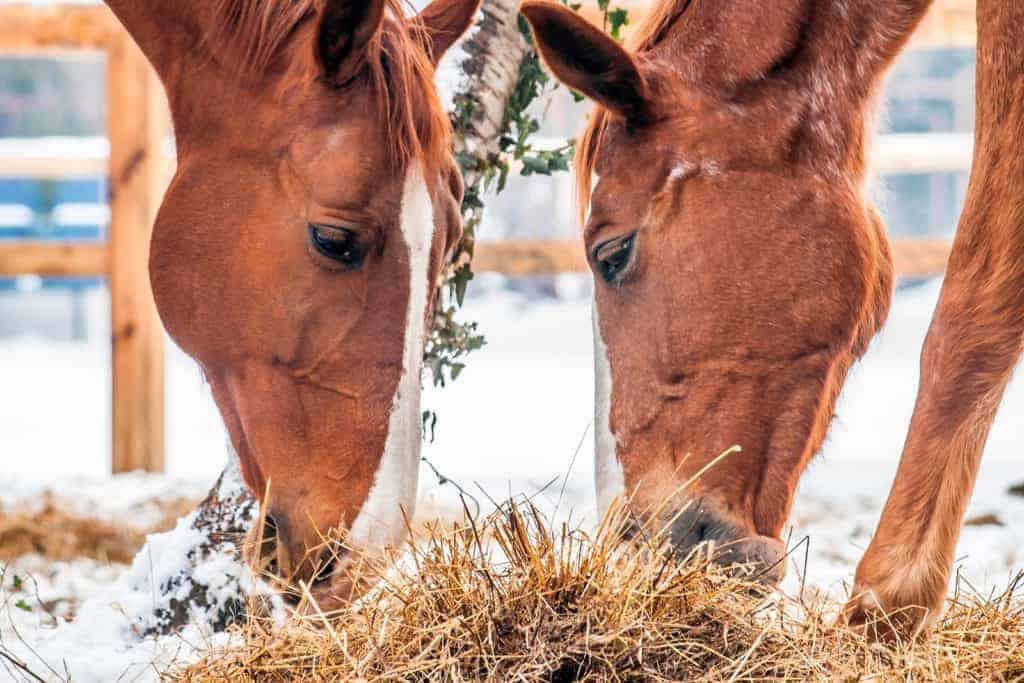
Tips for Refeeding Malnourished Horses
Time, patience, and care are critical because full rehabilitation can take weeks, months, or even longer.

Time, patience, and care are critical because full rehabilitation can take weeks, months, or even longer.

High blood potassium levels cause hyperkalemia. Here’s what to watch for and how to treat this dangerous condition.

Join The Horse‘s Countdown to Spring Challenge and get your horses and farms ready for warmer weather!

An owner worries about her horse eating thistle. An equine nutritionist responds about the risks.

Age is a number, not a disease, said Dr. Megan Shepherd. Remember this when tailoring a diet for your older horse.

Mild weather could be behind higher-than-average ergovaline concentrations in tall fescue in Central Kentucky pastures.
Equine lecture topics will include feeding endocrine-challenged horses, allergies, equine aging, supplements, and more.

You’re faced with the choice of offering your horse alfalfa pellets or hay. Which should you choose?

Dr. Rob MacKay recaps studies on heparin for EHM prevention, liver failure caused by supplements, headshaking, and more.

Pay special attention to the purpose statement, guaranteed analysis, ingredients, and directions for use.

Horses with exertional myopathies can benefit from dietary modifications as well as consistent targeted exercise.

Roly-poly, cresty-necked horses and ponies are in harm’s way. Here’s how to help your overweight equid shed pounds.

Attendees will learn how they can improve the efficiency and quality of all their hay, silage, and baleage production.

Boakari is studying protein’s effects on mare reproductive parameters such as early pregnancy loss and embryo quality.

Lectures will focus on reducing tall fescue toxicosis, the top toxins for horses in Kentucky, weed control, and more.

A combination of cold air and winds create dangerous conditions. Here’s how to protect your horses and other animals.
Stay on top of the most recent Horse Health news with
"*" indicates required fields